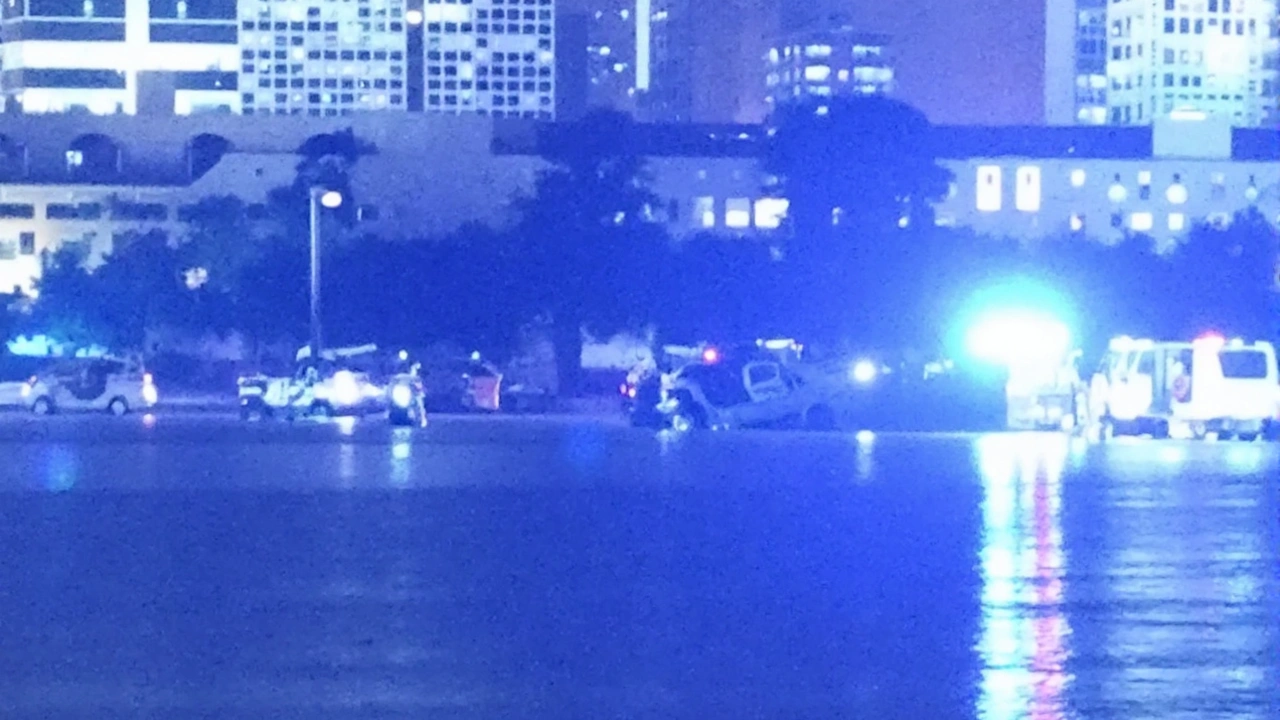Plane crashes: what happened, why it matters, and what to do
Plane crashes grab headlines because they’re sudden and scary. If you’re here, you want clear facts—not rumours. This page collects reliable info on recent crashes, explains common causes, and gives practical advice for passengers and families.
How crashes are investigated
When an accident happens, national civil aviation authorities lead the probe. Investigators secure the site, recover flight recorders (the black boxes), interview crew and witnesses, and examine maintenance and training records. International bodies like ICAO may offer guidance and manufacturers often help with technical analysis. Investigations aim to find the root cause and recommend fixes, not to assign blame on day one.
Expect official reports to take weeks or months. Early updates from airlines or authorities are useful, but final findings come later and include technical detail about systems, weather, human factors, or maintenance lapses.
Common causes and how they’re prevented
Most crashes trace back to one or more of these: pilot error, mechanical failure, bad weather, or maintenance issues. Sometimes fuel mistakes, bird strikes, or runway incidents play a role. Rarely, sabotage or unlawful acts are involved. Aviation safety has improved a lot in recent decades because investigators share lessons and regulators enforce stronger rules.
Airlines and regulators reduce risk by enforcing strict maintenance schedules, using better training and simulators, updating aircraft software, and improving air traffic control procedures. Newer planes also have redundant systems so one failure doesn’t become a disaster.
Want a practical check before you fly? Look for an airline’s safety rating, whether it follows international audits (like IOSA), and if the regulator has a strong safety record. Booking with well-known carriers on modern aircraft lowers overall risk.
If you’re tracking an ongoing crash story, rely on official channels: the airline’s press office, national aviation authority statements, and reputable flight-tracking or safety sites (for example, FlightAware, Flightradar24, or the Aviation Safety Network). Social media can spread errors fast—wait for confirmations from authorities.
For relatives waiting for news: contact the airline’s dedicated assistance line, register with local consular services if you’re abroad, and keep copies of travel documents. Airlines and governments set up helplines and reception centres after major accidents—use them. Mental-health support is also important; many airlines and charities offer counselling for affected families.
Seeing a crash on the news is jarring. Remember that air travel remains one of the safest ways to get around thanks to constant learning from past incidents. Still, when accidents happen, clear facts and calm steps help families and travellers get through the immediate chaos.
- June 16, 2025
- Comments 14
- News

